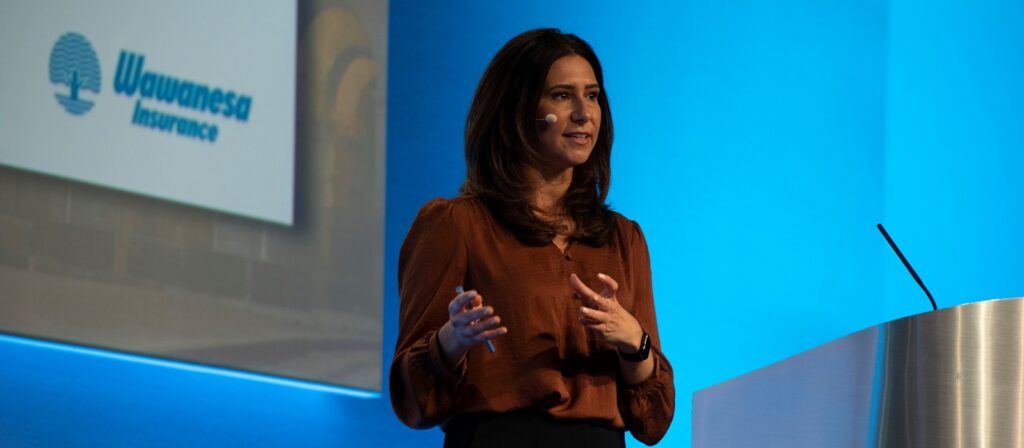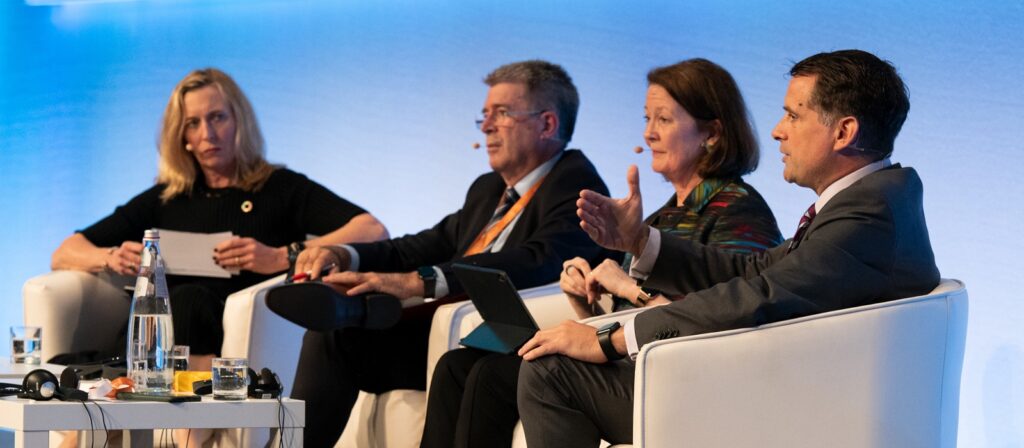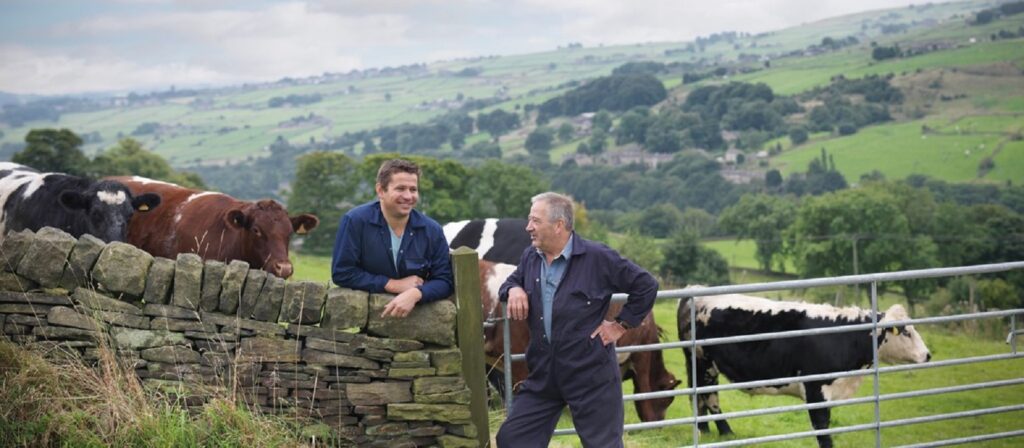This research, authored by Belén Gómez, Río Uruguay Seguros (Argentina), was a winning submission of the ICMIF Young Scholar Award, presented in celebration of ICMIF's centenary. It explores the critical evolution of the insurance industry from its historical foundations in mutual risk-sharing and solidarity to its current imperative to adopt corporate social responsibility (CSR) and sustainability practices. The study delves into the industry's need to balance profit maximisation with ethical practices, addressing the growing consumer demand for transparency and social responsibility. It also highlights the strategic necessity of returning to cooperative principles to ensure the industry's long-term survival amidst shifting consumer behaviours and global challenges such as inequality and climate change.
Introduction
The insurance industry, historically rooted in mutual risk-sharing and solidarity, faces a critical need to adapt to contemporary demands for corporate social responsibility (CSR) and sustainability. Traditionally, insurance was about mutual protection against risks, but over time, profit maximisation overshadowed these origins. Modern consumers demand transparency and social responsibility, pushing the industry back towards its cooperative roots. This shift is essential not only for ethical reasons but also for the survival of the industry itself amid changing consumer habits, and global challenges like inequality and climate disruption.
Background and literature review
This research hinges on three theoretical pillars: cooperation as an evolutionary principle, sustainability as a strategic necessity, and the insurance industry's foundational role in CSR. Cooperation, contrary to the competitive narrative of neo-Darwinism, is essential for survival and evolution, a concept supported by contemporary evolutionary scientists like Martin Nowak and David Sloan Wilson. This cooperative principle underpins the insurance industry, which began as mutual aid societies in ancient civilizations (Greek, Roman, Babylonian and Hindu, in Code of Hammurabi and Talmud, groups of artisans and religious, farmers in the Alps).
Flexible cooperation and evolution
Yuval Noah Harari's concept of 'flexible cooperation', in his book Sapiens: A Brief History of Humankind, explains humanity's success through adaptability and collective effort. Cooperation, whether direct reciprocity, indirect reciprocity, network reciprocity, group selection, or kin selection, has been crucial for societal development. This principle is embedded in the insurance industry's origins, where solidarity and mutual aid were fundamental.
Insurance as a precedent of sustainability
Insurance has always been about collectively managing risk, a principle that aligns with modern sustainability goals. Historically, insurance protected individuals and businesses from unforeseen events through mutual aid. This foundation makes insurance a natural predecessor to CSR, which today focuses on the strategic management of social and environmental impacts to create shared value.
The evolution of CSR in insurance
Initially, CSR in the insurance sector was focused on compliance and philanthropy. However, it has evolved into a strategic approach that integrates economic viability with social and environmental responsibility. This shift is crucial as consumers increasingly prefer companies that demonstrate a genuine commitment to sustainability. The insurance industry, by reverting to its cooperative roots, can lead in sustainable business practices and contribute significantly to sustainable development goals.
An existential crisis of insurance
The insurance industry now faces an existential crisis driven by new consumer behaviours, traditional business model limitations, inequality, and climate change. To survive, it must return to its roots of mutual and cooperative models, emphasising sustainability. This approach not only meets modern demands but also ensures long-term profitability. Sustainable practices, particularly when integrated with mutual and cooperative principles, enhance trust and resilience in the market.
The role of insurance in sustainable development
Insurance plays a critical role in sustainable development by providing financial protection, promoting risk mitigation, and investing in long-term societal infrastructure. It supports economic stability by protecting against significant losses, reducing the need for large reserves, and acting as a social safety net. Moreover, insurance companies' investments in real estate and infrastructure projects further drive sustainable development.
Conclusion
The insurance industry's survival depends on its ability to embrace sustainability and return to its cooperative origins. By doing so, it can meet modern consumer demands, contribute to sustainable development, and ensure long-term profitability. The industry's historical foundation in mutual aid and risk-sharing positions it uniquely to lead in sustainable business practices. Adapting to these principles is not just an ethical imperative but a strategic necessity in today's evolving market landscape.
In the Argentine insurance market, sustainability-focused activities can generate profitability when these actions are shared with the human capital of the organisation, involving them in the process (known as shared value). This conclusion is based on the study of the economic behaviour of the country's insurance companies in connection with their CSR practices which are aimed at personnel, such as training, healthcare and prevention activities, bonuses, extended leaves, loans, etc. It was found that inwardly directed CSR strategies that are focused on the people working at a company can increase productivity and positively impact profitability, provided they are shared with and communicated to the human capital of the organisation.
An interesting observation is that a greater correlation is seen in Argentine insurance companies with a cooperative legal structure. Cooperatives in the Argentine insurance sector that engage with aspects of CSR—such as training, CSR for employees, internal communication, co-creation, volunteer execution, and innovation—are more profitable than those in other sectors. Cooperativism, which upholds a series of values and principles as a life philosophy and an economic model originating within capitalism in Rochdale, England, in 1844, has endured over time.
You can read Belen's full research here.
This research was written by Belén Gómez, Advisor to the Executive Presidency and Coordinator U-RUS, Río Uruguay Seguros (Argentina). It was one of two winning submissions for the ICMIF Young Scholar Award, presented in celebration of ICMIF's centenary.
You can read Belen's full research here.
Published August 2024





